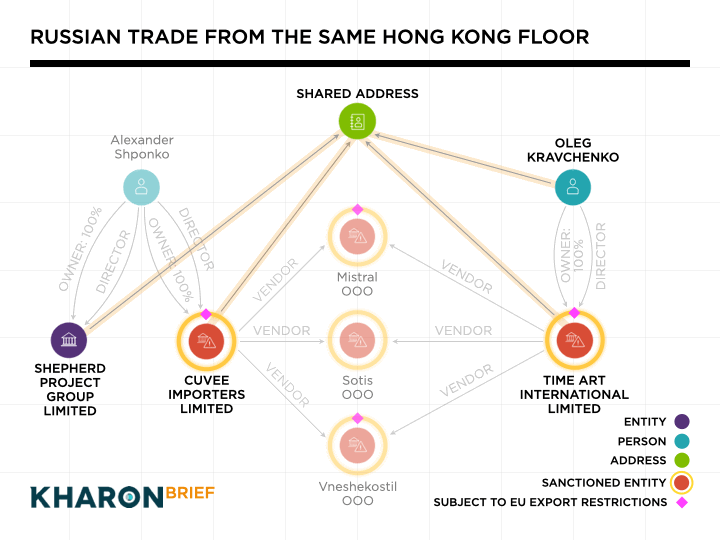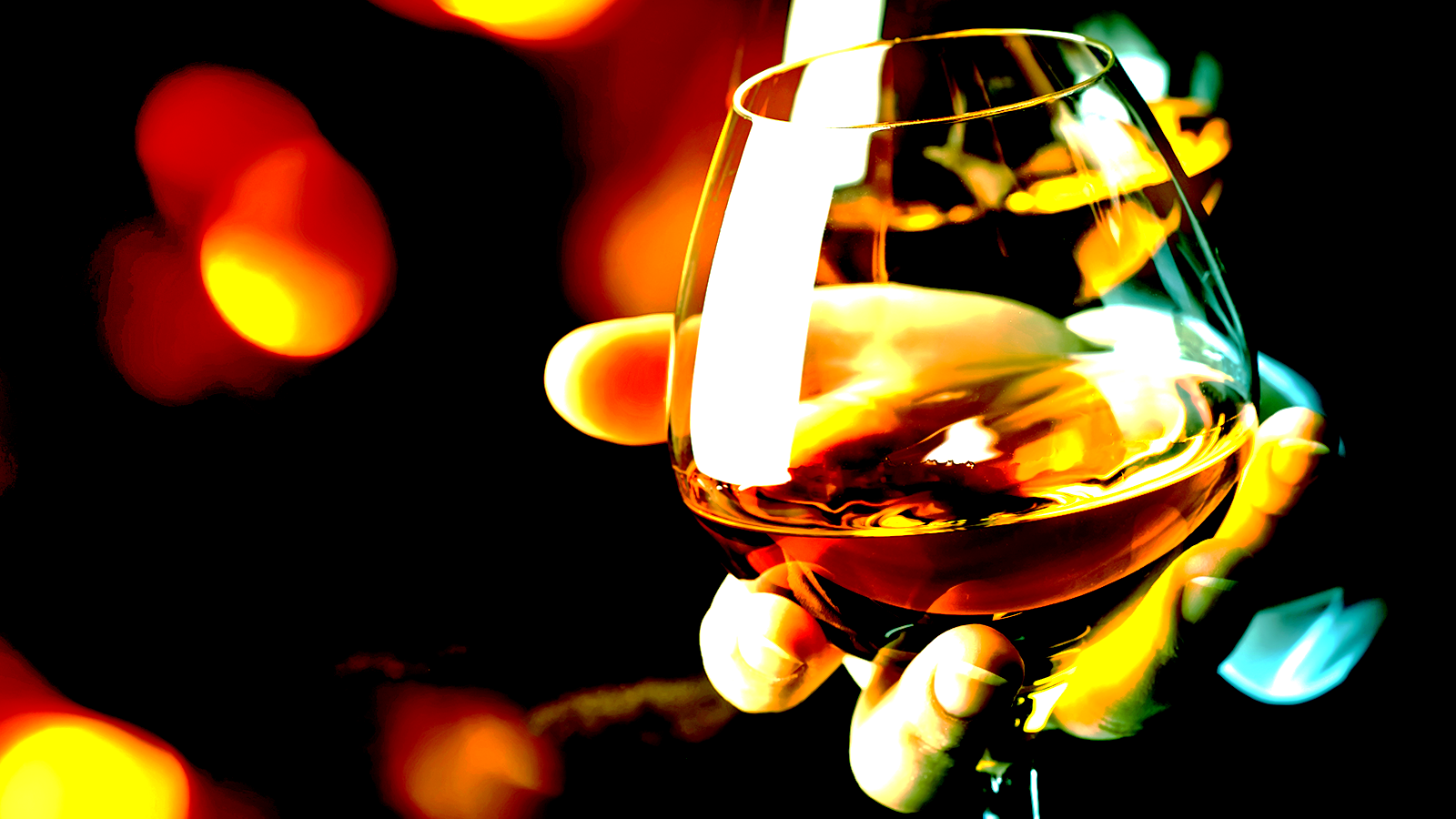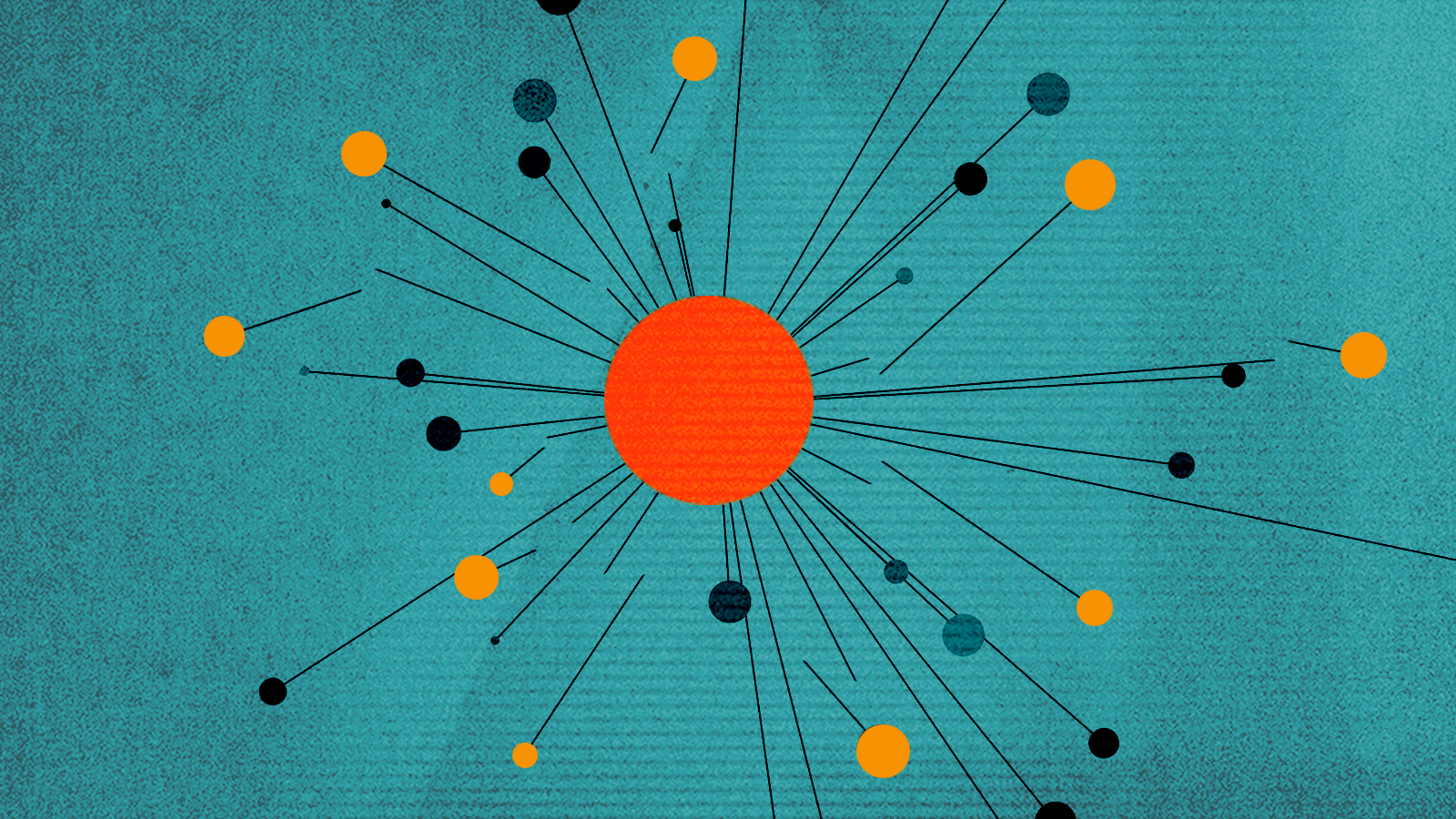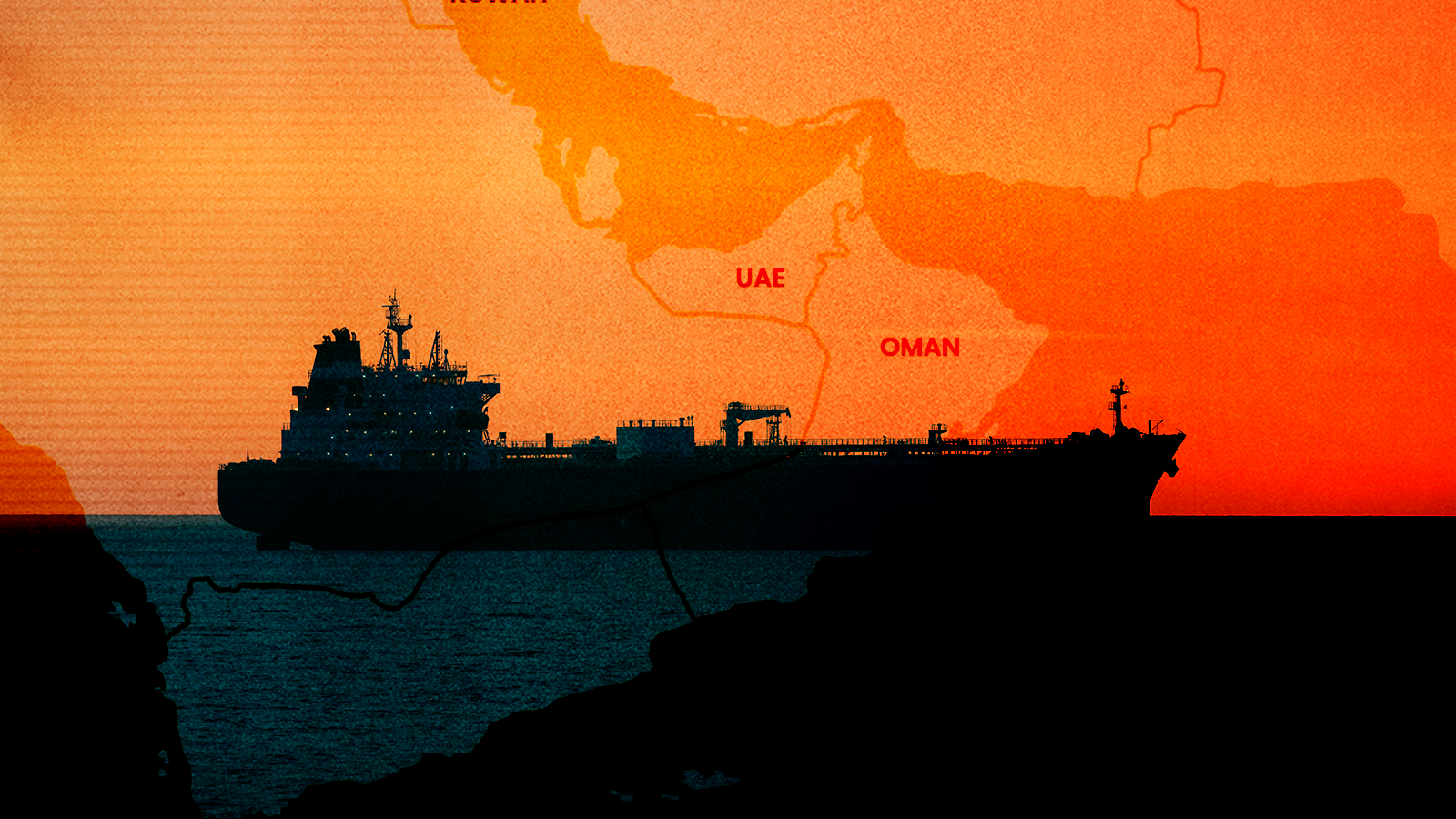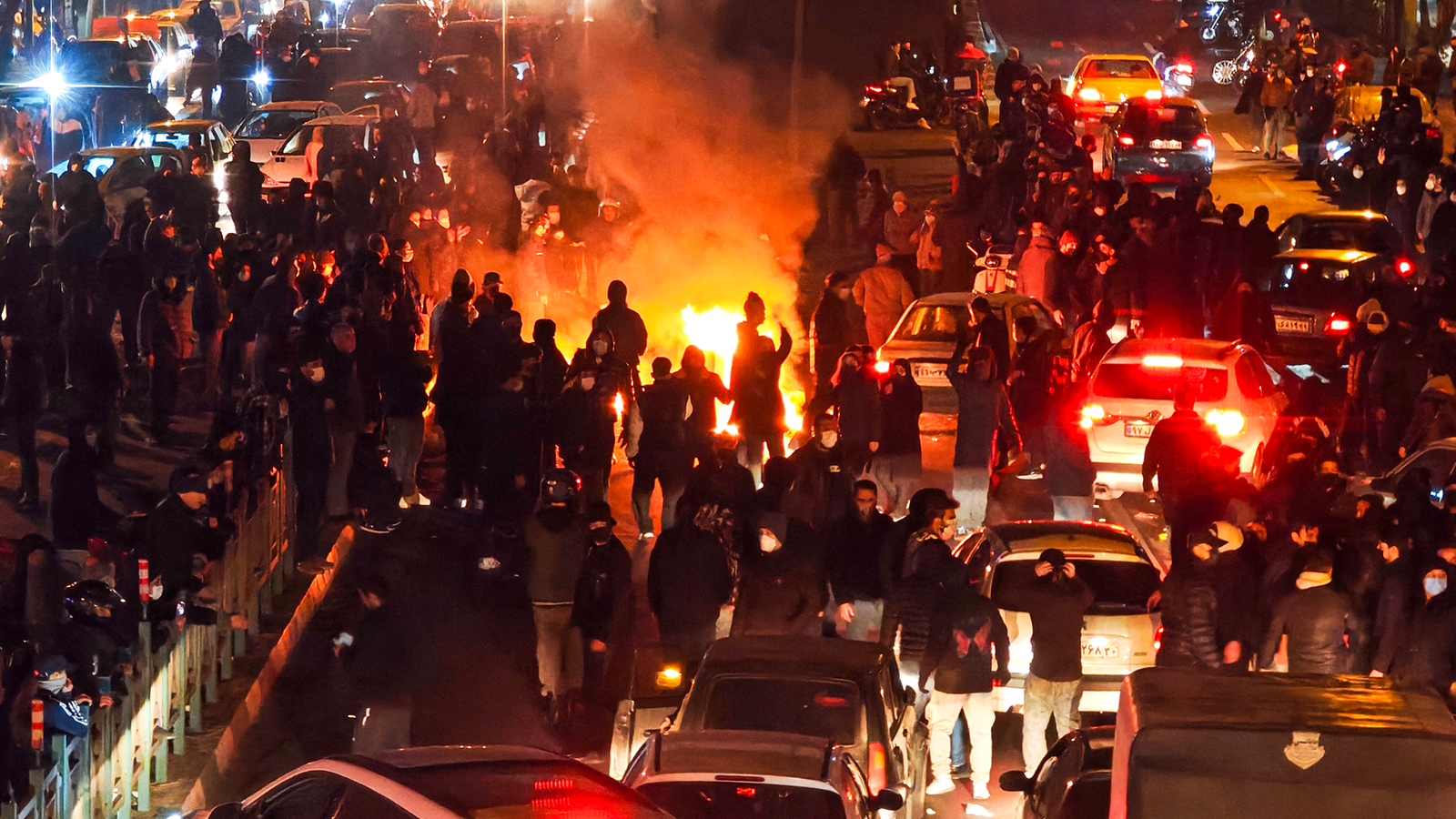Croizet SAS is a cognac producer in France’s Grande Champagne district, and its history is grand to match: The company dates to 1805, when it was founded by Leon Croizet, a former sommelier to Napoleon Bonaparte’s High Command.
Croizet’s success continued after it was bought out, two centuries later, by Marina Roy, chair of the since-dissolved Russian Wine Trust. In 2011, Croizet again drew international attention, this time through a Hong Kong Affiliate, which sold a bottle of 1858 Cuvee Leonie cognac in Shanghai for more than $150,000 USD. The sale earned it a buzzy Guinness record—one of three that Croizet touts on its website today—for the most expensive bottle of cognac sold at an auction.
But one of the Croizet Hong Kong directors who presented that now-famous bottle oversees a Hong Kong network far from the world of luxury liquor: suppliers of sensitive electronics to Russia during its war in Ukraine.
A Russian takeover: The Russian Wine Trust purchased several other liquor companies in the broader Cognac region around the same time as Croizet’s 2007 takeover. These moves raised French concerns, which Roy was quick to address.
“It is certainly not in the interest or the plans of Russian Wine Trust to produce anything except the best possible cognac,” she told the Times of London. The award-earning bottle – presented for auction by Croizet Hong Kong – appeared to confirm her statement. Archived versions of Croizet SAS’s website listed the Hong Kong company at the time as its affiliate in Asia.
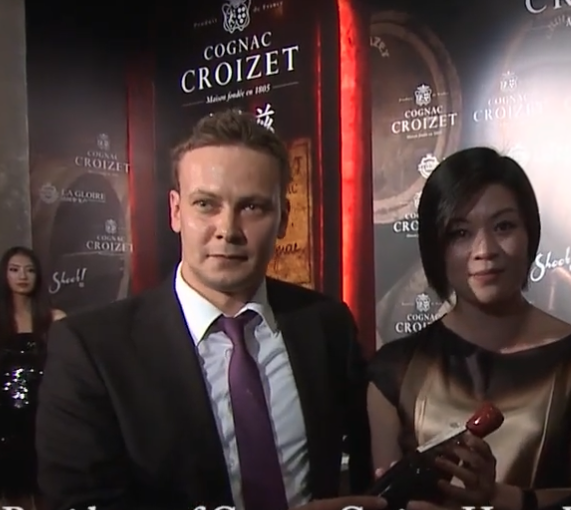
The bottle was presented for auction by two individuals, Alexander Shponko and a business partner, who together had established Croizet Hong Kong Limited in 2007, a few months after Marina Roy’s takeover of Croizet SAS; that marked the expansion of the brand from France into Asia, according to a Croizet product description on an online retailer page. Corporate records show Shponko and his business partner have co-owned Croizet Hong Kong, including most recently in an annual return filed in October 2025. Shponko separately directs and 100% owns Croizet Exports Limited, which is based in Hong Kong as well.
Although these Hong Kong companies share the Croizet name and have marketed products under the brand, corporate records do not indicate that Marina Roy or the French brand have any ownership stake, management role, or direct involvement in either of the Hong Kong entities.
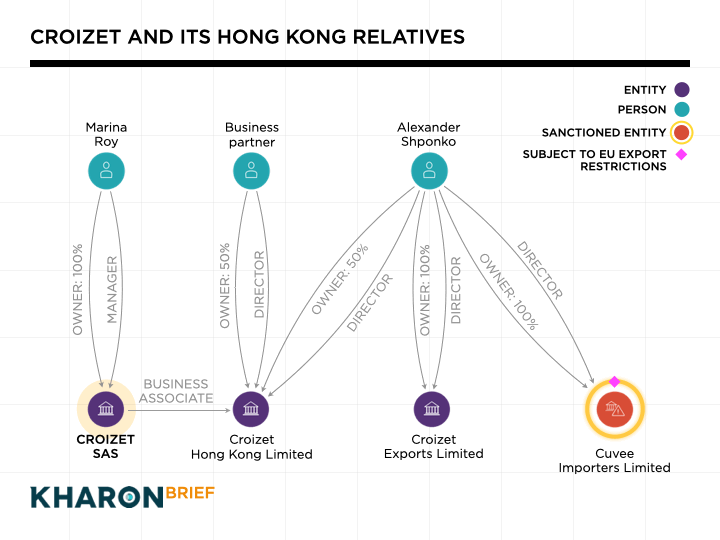
According to trade data, Cuvee Importers has sent hundreds of shipments of items on the international Common High Priority List (CHPL) to Russia since the 2022 invasion, including to several companies that were, or have since been, sanctioned by the United States. Its transactions include:
- Hundreds of shipments between October 2023 and March 2024 to Moscow-based Sotis OOO, a computer equipment supplier that the U.S. sanctioned in October 2024 for facilitating “a project to create Russia’s largest modern production plant for the production of circuit boards.” Cuvee’s shipments included “computer devices,” “communication systems,” metal products, antennas, and electronic components like integrated circuits and LEDs, some under the brand of a major U.S. semiconductor firm and some others of German and Japanese origin.
- More than 200 shipments between March and October 2023, including of U.S.-branded computer tech, to Vneshekostil OOO. The U.S. Treasury Department called Vneshekostil “one of the largest importers of dual-use chips into Russia” when it sanctioned it in September 2023.
- Shipments of computers, electrical components, batteries and more—some of Czech, German and Japanese origin—to Mistral OOO between June 2023 and January 2024. The EU subjected Mistral to export restrictions later in 2024, and Switzerland followed by sanctioning it.
FOR CONTEXT:
The CHPL is a joint watchlist of goods most sought by Russia to sustain its military production and economy during the war in Ukraine. The U.S., EU, U.K. and Japan collaborate on the list, which then has served as a focal point for coordinated export controls and enforcement actions.
Location, location, location: The U.S. Bureau of Industry and Security (BIS) added three Hong Kong addresses to the Entity List last week for their risks of diversion to Iran. Previous BIS listings of Hong Kong addresses sprang from their risks of Russian diversion by various listed tenants, who can dissolve as quickly as they pop up.
Cuvee Importers’ Hong Kong address exemplifies how one location can house a cluster of red-flag Russian trading:
- Shepherd Project Group Limited, another company that Shponko wholly owns and directs, shares a 12th-floor unit with Cuvee, according to corporate records. Shepherd Project Group likewise has shipped to Russia since the 2022 invasion, trade data shows, including mechanical presses that it sent to a sanctioned party and German-manufactured electrical equipment that it sent to another Russian company.
- According to shipping data, Cuvee Importers shares clients with another entity located on the same floor, Time Art International Limited, which the U.S. State Department sanctioned last year. State said that Time Art had been “involved in the supply of more than $9 million worth of CHPL items such as electronic components to Russian customers.”
- Shponko is connected on social media to an individual with the same name as Time Art’s owner and director, Oleg Kravchenko. Kravchenko also owns and directs a separate company that’s listed in the same room as Cuvee and Shepherd Project Group.
